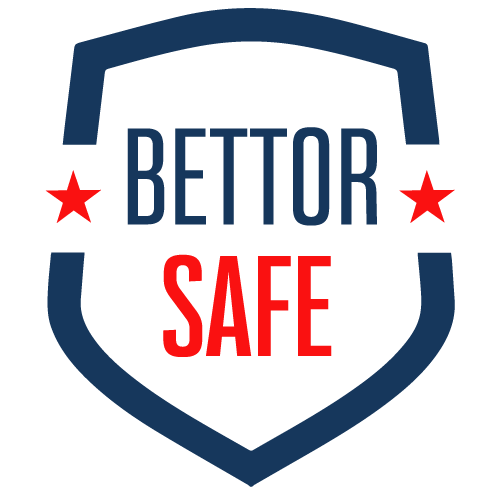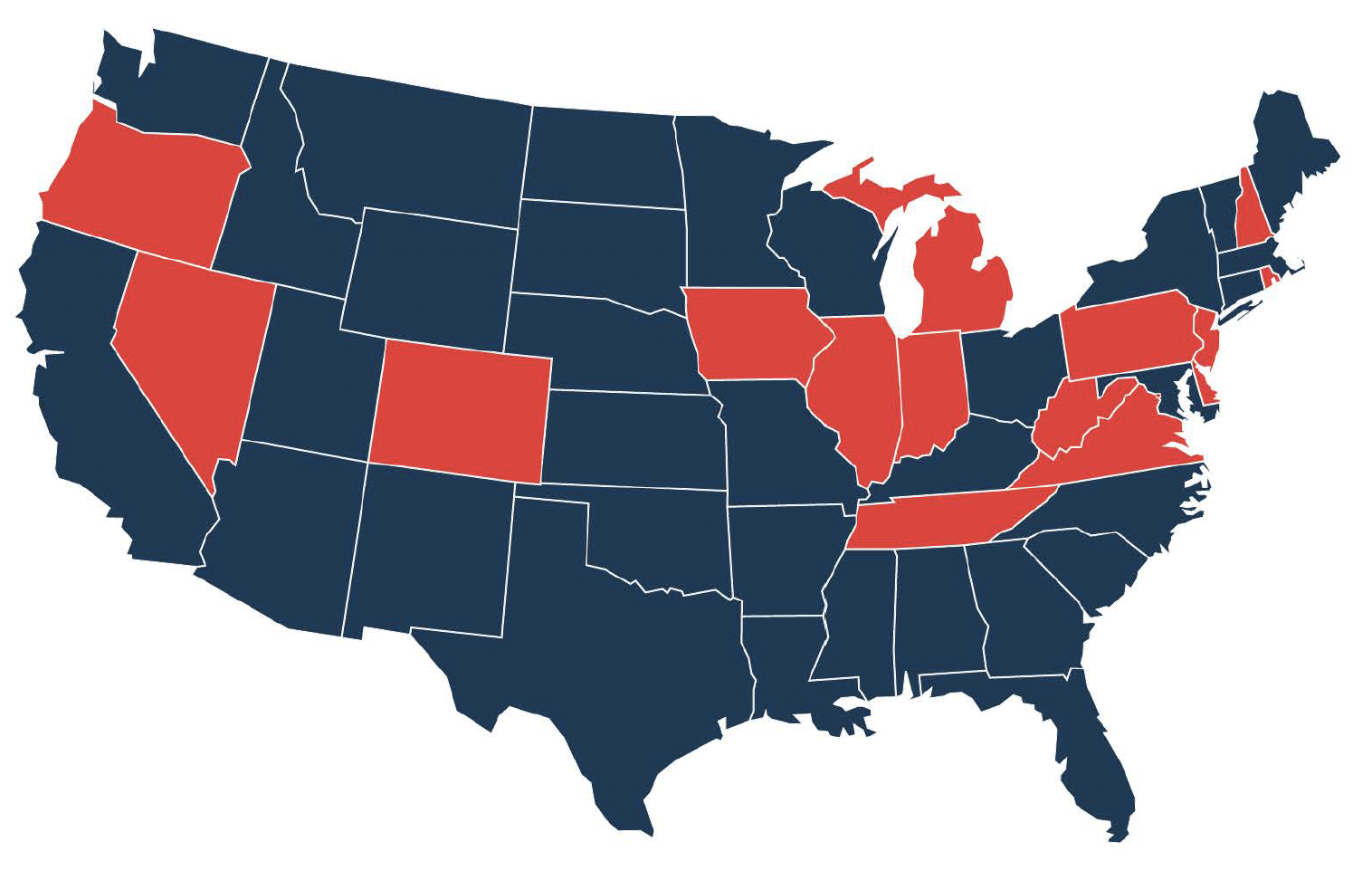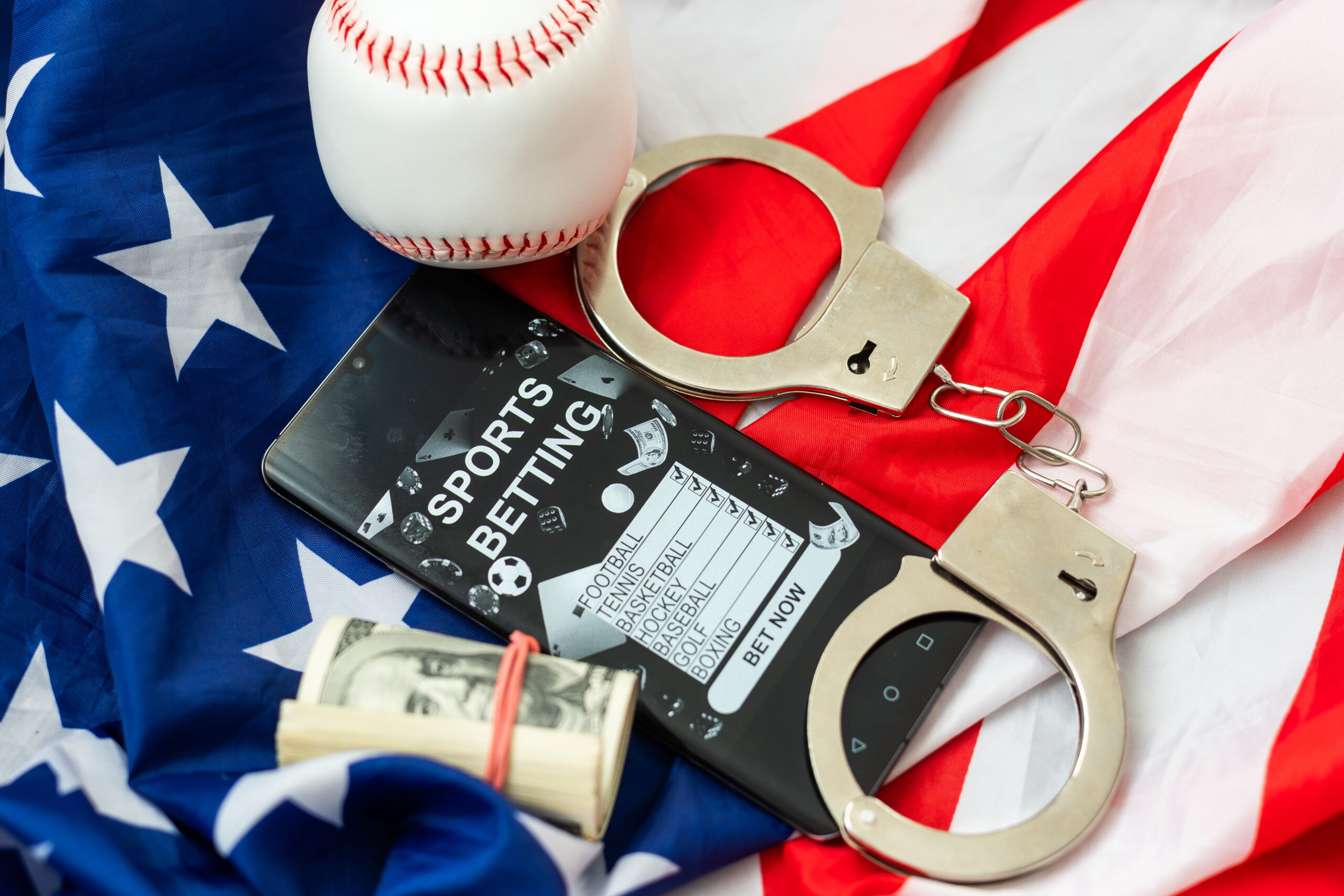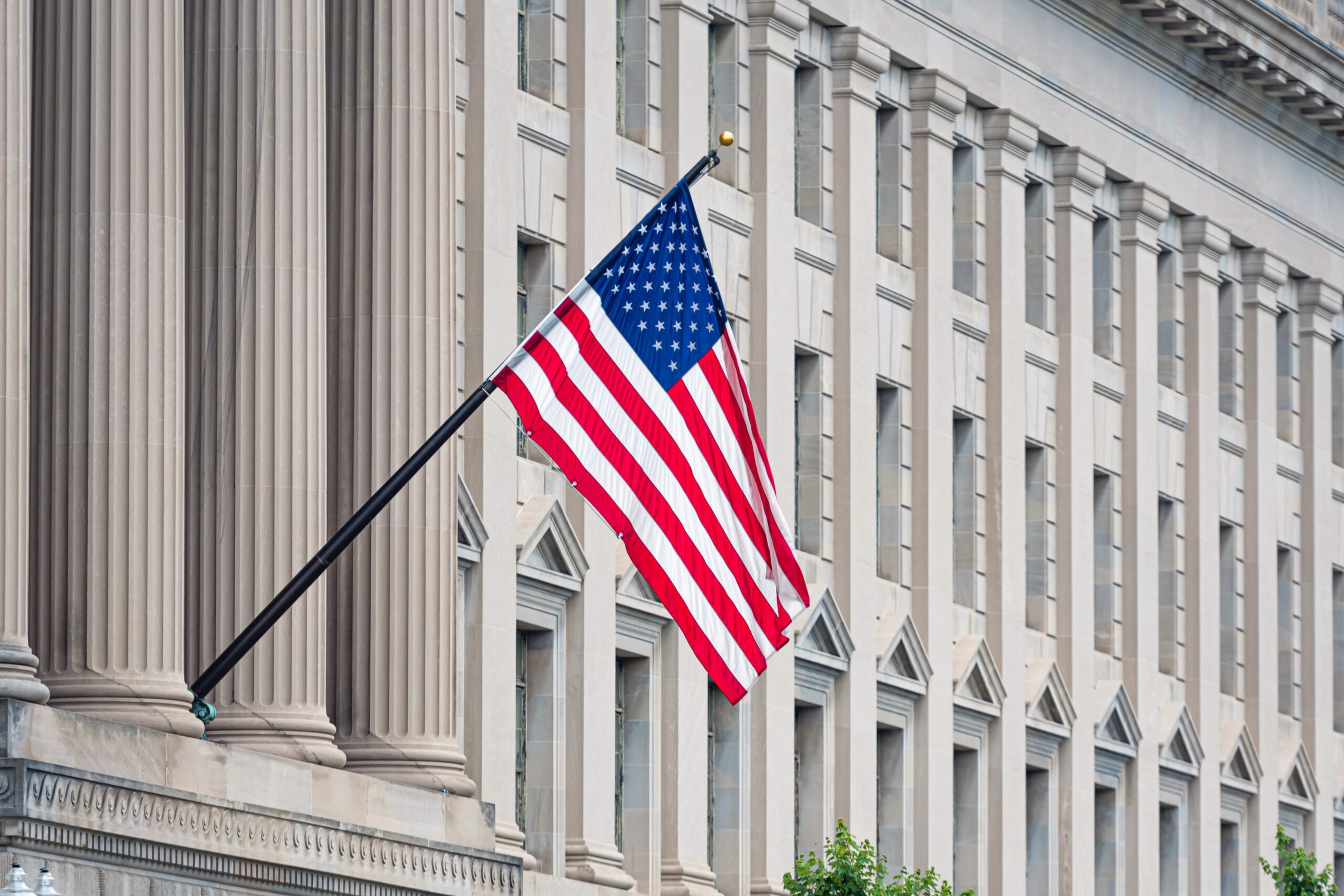As the coronavirus pandemic placed new limits on casinos and gaming across the country, those looking to gamble have turned to the internet.
Unfortunately, and sometimes unknowingly, Americans have been playing slots and poker on illegal sites and placing their sports wager with an unregulated online bookie.
While our industry recognizes the benefits of legal online betting and understands the risks associated with wagering on illegal sites, that message isn’t always translating to the consumer, especially when illegal operators are actively deceiving consumers into using their unscrupulous sites.
Case in point: 15 states and the District of Columbia now offer some form of legal online betting including sports betting, iGaming and poker yet, according to recent data from the American Gaming Association (AGA), a third of individuals are unaware if online betting is even legal in their state.
It’s not enough to tell consumers that illegal is bad and legal is good. We must provide them with the tools to understand where online betting is regulated, how to recognize unregulated sites and know how to seek out legal alternatives if they want to place a wager.
CONSCIOUS GAMING’S BETTOR SAFE CAMPAIGN
Seeing the need for this consumer empowerment, Conscious Gaming launched the “Bettor Safe” campaign. Bettor Safe is leveraging a multi-channel approach to educate individuals about regulated online betting through an informational website and advertising, videos and media. This campaign builds off work by regulators, operators and stakeholders to raise awareness about legal gaming while supporting Conscious Gaming’s commitment to strengthening consumer protection and enhancing responsible gaming.
Bettor Safe has a national presence but is tailoring its message and resources to states that have legalized online betting. To start, this includes New Jersey and Pennsylvania – two states that have been “online” for some time now and devoted considerable effort to developing appropriate oversight and regulations to ensure that legal operators protect personal and financial information and guarantee fair odds across their online casino offerings. There’s more info about New Jersey and Pennsylvania here and here.
A recent survey conducted by Conscious Gaming on behalf of the Bettor Safe campaign polled more than 500 adults in New Jersey and Pennsylvania, respectively, on their habits and attitudes towards online betting. The survey found that more than 25% of respondents in New Jersey and more than 30% of respondents in Pennsylvania are unaware if online betting is legal in their state or responded that it was not legal. Perhaps more concerning, the survey revealed that an average of 75% of New Jersey and Pennsylvania residents could not or are not sure if they could differentiate a legal betting site from an illegal website.
IMPACTFUL MESSAGING ABOUT ILLEGAL GAMBLING SITES
How we overcome this data starts with more effective education. On the most basic level, that’s communicating to consumers whether or not online betting is legal in their state and helping them to understand the types of gaming and betting that they can legally do online (casino-style games, sports wagering, etc.). But this information is worthless to someone wanting to wager online if it’s not coupled with guidance – steps, questions, tips – on how to identify a legal site from an illegal one.




